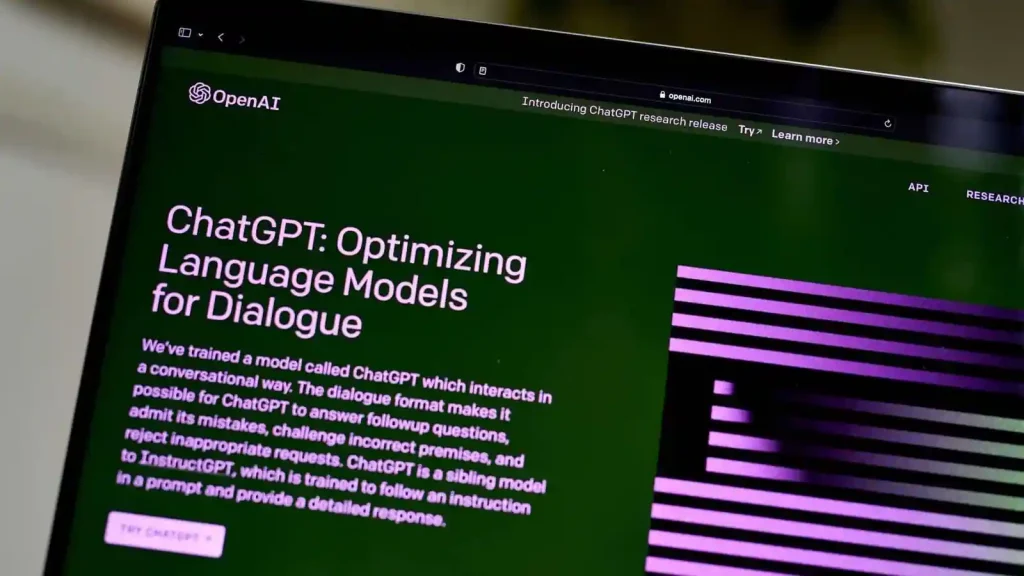The immense popularity of OpenAI’s chatbot, ChatGPT, has attracted the attention of cybercriminals seeking to exploit the public’s eagerness to experiment with it. As a result, users searching for ChatGPT apps have unwittingly downloaded malware and visited phishing pages. This article discusses the threat of fake ChatGPT apps for Windows and Android and provides advice on how to avoid falling victim to these scams.
Fake ChatGPT Apps for Windows and Android
Cybersecurity researchers at Cyble have identified several fake ChatGPT apps for Windows and Android that contain malware. These apps mimic the official ChatGPT website and offer a non-existent app for download, which actually steals users’ information. Some of these fake pages even ask for payment to use the ChatGPT service, but the payment forms are designed to steal users’ personal and payment card information.
In addition to fake Windows apps, Android malware impersonating a ChatGPT app or other AI-related apps have also been discovered. These apps subscribe victims to premium services, steal data, and display ads. Both Google Play and third-party Android app stores have been found to host these fake apps.
Fake OpenAI pages serving malware have been set up on a variety of domains, so users should be cautious when searching for ChatGPT apps.
Advice for ChatGPT Users
To avoid downloading malware disguised as ChatGPT apps, users should look for relevant information only on OpenAI’s official page, as the chatbot service is currently only web-based. Avoid searching for ChatGPT apps via Google Search, as malicious ads have been known to appear in search results.
If you have already downloaded a fake ChatGPT app, it is important to check your device for malware and your accounts for unwanted subscriptions. Additionally, investigate any other potential breaches, such as online accounts, payment cards, and banking information.
Conclusion
The popularity of ChatGPT has made it a target for cybercriminals seeking to exploit users’ curiosity. To avoid falling victim to malware disguised as ChatGPT apps, it is essential to only access information from OpenAI’s official page and avoid searching for ChatGPT apps via Google Search. If you have already downloaded a fake app, it is important to act quickly to protect your device and personal information. By following these precautions, you can safely enjoy the benefits of ChatGPT without risking your online security.



